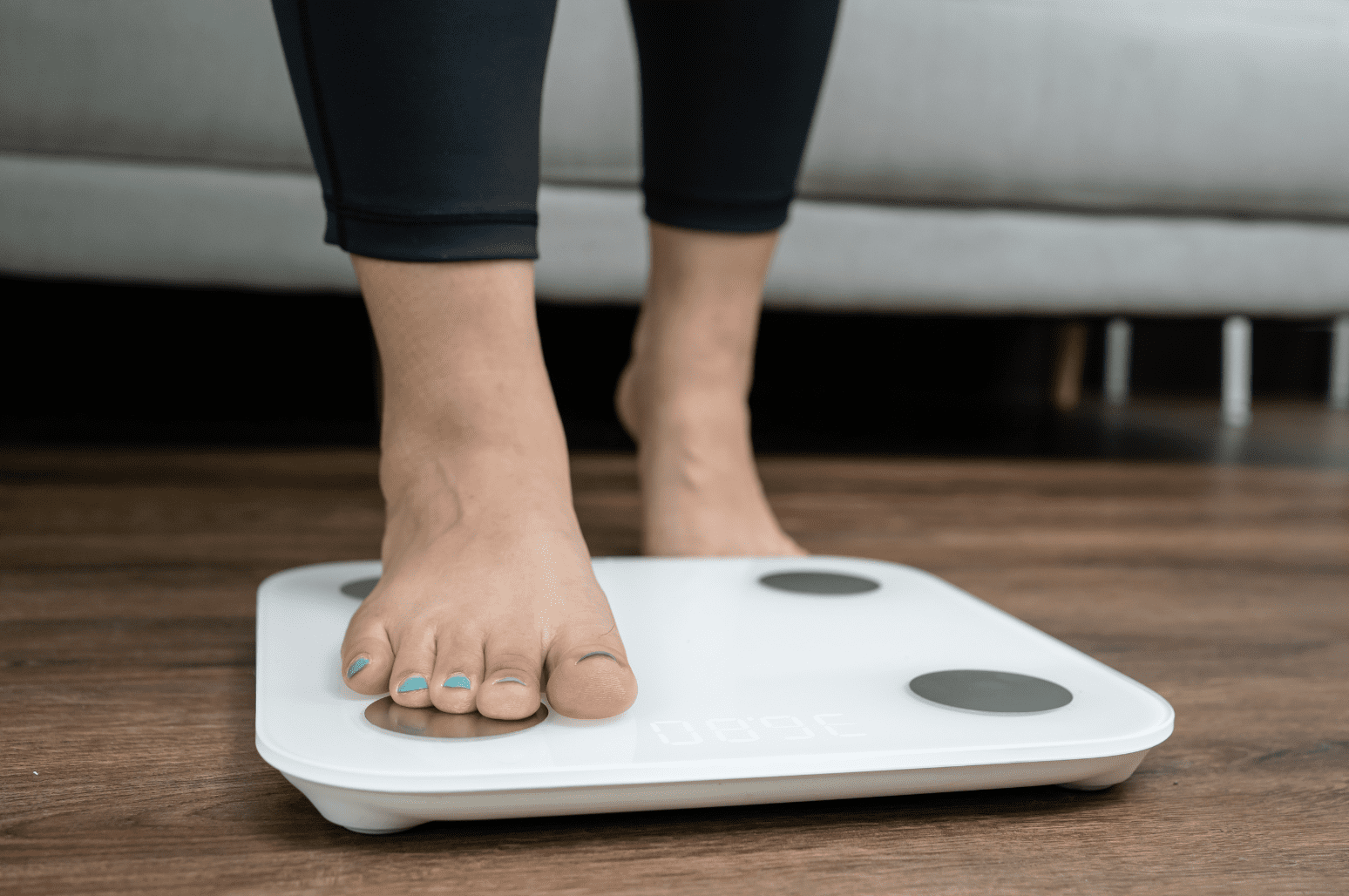
Starting a new diet can be an adjustment for your body. While you’re trying your best to make a positive change in your life, you might experience some unwanted side effects along the way. The keto diet is no different. Although the keto flu is the most commonly mentioned side effect, some keto newcomers report temporary hair loss.
Hair loss typically happens three to six months from first starting the keto diet but only a small percentage of your hair might actually fall out. While this symptom can be frustrating, there’s no cause for alarm since it will be short-lived (but that doesn’t make it any less unnerving).
Let’s take a closer look at what could be causing keto hair loss and how to prevent it.
Hair Growth 101
Hair growth is more complicated than you might think. There are different structures including the follicle and the shaft. The follicle is the part of the hair in the skin and the shaft is the visible part of the hair. Diet aside, ensuring healthy hair starts with making sure both the follicle and shaft are healthy. [1]
The Phases of Hair Growth
The different phases that a single strand of hair goes through include:
#1: Anagen Phase
The anagen phase is the active phase of the growth of the hair follicles. During this phase, hair typically grows about one centimeter every 28 days. This active phase of growth can last for anywhere from two to seven years, although this period of time is largely determined by genetics.
#2: Catagen Phase
The catagen phase is a shorter phase that lasts for about two to three weeks. During this phase, the hair is turned into what is known as club hair, where the hair is no longer attached to the cells that produce new hair.
#3: The Telogen Phase
This final stage, the telogen phase, is the resting stage of the hair. This phase lasts for about 100 days for scalp hair but much longer for eyebrow, eyelash, arm, and leg hair.
Now that we know the science behind hair growth, why might you lose your hair starting the keto diet?

Why You Might Experience Keto Hair Loss
Several studies have noted that one potential side effect of starting the ketogenic diet is temporary hair loss. For example, one study was looking at the ability of the keto diet to help reduce seizures in epileptic teenagers. Surprisingly enough, two out of the four subjects experienced hair thinning as a result of the diet. [2]
Here are some potential reasons for hair loss on the keto diet:
Deficiencies in Key Vitamins and Minerals
One of the biggest reasons for hair loss is the lack of proper vitamins and minerals in the diet. One study took a look at 100 subjects and found a lack of amino acids and micronutrients were responsible for hair loss, although the condition of the hair loss was not identified. [3]
Biotin is another key vitamin that helps your body convert food into energy. One study showed that a low-carb, high-fat diet had caused a biotin deficiency in mice. [4]
Most people don’t realize they have to replace the nutrients flushed out of your system the first few days of keto. When you eat fewer carbs, your body produces less insulin and your glycogen gets depleted. Your kidneys also excrete water and electrolytes which are important for healthy hair.
Large Caloric Deficits
Lacking vital vitamins and minerals in one’s diet may also mean a lack of overall calories. In fact, studies have shown that extreme weight loss can cause hair loss. [5]
This is because your body is trying to save its energy and spends less energy on non-vital processes such as hair growth. If you’re new to the keto diet and feel like you’re not eating enough, try tracking your calories to be sure you’re getting enough energy for proper bodily functions such as hair growth.
Increased Stress Levels
Stress can have a number of different effects on the body including hair loss. Adapting to a new diet puts your body under quite a bit of stress for a number of different reasons including calorie restriction, nutritional deficiencies, psychological stress, and more. Along with hair loss, stress can cause different conditions including alopecia, telogen effluvium, and trichotillomania.
Not Enough Protein
The general rules of the ketogenic diet are high fat, low carb, and moderate protein intake. However, most individuals just starting the keto diet don’t eat enough protein. This is due to the misconception that consuming too much protein can kick them out of ketosis through a process called gluconeogenesis. One study found that the two biggest culprits for hair loss included a large caloric deficit and a lack of protein in the diet. [6]
How to Avoid Hair Loss on Keto
What are some ways you can avoid or fix this issue of hair loss? When starting the keto diet, be sure you’re not putting yourself in an extreme caloric deficit. Pay attention to what you’re eating and how much. Some other key vitamins and minerals to make sure you’re getting enough of include:
- Biotin
- Bone broth
- Coconut oil
- Collagen
- Zinc
If you’re worried about experiencing hair loss when first starting the keto diet, don’t stress. Don’t let this possibility deter you from trying the keto diet. This is a temporary symptom of the keto diet and can be prevented if you’re aware of the nutrients you’re consuming. As long as you track your calorie intake, pay attention to your nutritional deficiencies, and manage your stress levels, you will be all set.
References
Julianna L. Martel; Talel Badri. Anatomy, Hair Follicle. Stat Pearls. 2019.
Mackenzie A. Mady Eric H. Kossoff Amy L. McGregor James W. Wheless Paula L. Pyzik John M. Freeman. Diet and hair loss: effects of nutrient deficiency and supplement use. Dermatol Pract Concept. 2017; 7(1).
Dinesh Gowda, V Premalatha, and DB Imtiyaz. Prevalence of Nutritional Deficiencies in Hair Loss among Indian Participants: Results of a Cross-sectional Study. Int J Trichology. 2019; 9(3).
Yuasa M, Matsui T, Ando S, Ishii Y, Sawamura H, Ebara S, Watanabe T. Consumption of a low-carbohydrate and high-fat diet (the ketogenic diet) exaggerates biotin deficiency in mice.Nutrition. 2013. 29(10).
Caloric Restriction and Hair Growth.Nutrition Reviews. 1956; 14(3).
Emily L. Guo and Rajani Katta. Diet and hair loss: effects of nutrient deficiency and supplement use.Dermatol Pract Concept. 2017; 7(1).










i started taking keto 30 days ago with no diet plan, i eat the same, and i have bad eating habits. I am having hair loss, what do i do? do i stop taking the keto?